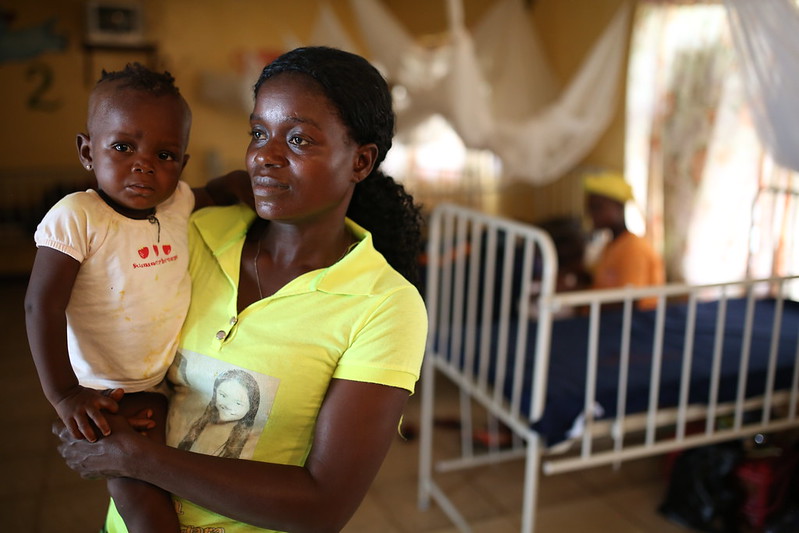Data integration mathematical modelling for antimalarial drug resistance study group
Data integration mathematical modelling for antimalarial drug resistance study group

The study group seeks to develop new methodologies for data integration of models for antimalarial drug resistance with disparate data sets.
This project aims to develop new mathematical frameworks that integrate data from multiple sources to facilitate informed decisions in response to antimalarial drug resistance, namely parasite clearance data under treatment of an artemisinin combination therapy and K13 genetic marker data. The expected outcomes include enhanced capacity to predict changes in antimalarial drug resistance.
1: To advance data integration methods for antimalarial drug resistance.
2: To benchmark calibration methods for the new data integration models, where current techniques perform poorly.
Patient linked data for parasite clearance over time under treatment with artemisinin and K13 genetic marker data. Data on treatment received, patient characteristics (and regression/summary variables such as age, sex, etc).
Specifically:
Parasitaemia
sid
site
pid
obsdate
dayofobs
hourofobs
pfbin
pfmicl
gfbin
gfmicl
Subject
sid
site
pid
obsdate
ageyears
gender
dateinc
hourinc
age
gender
Treatment
sid
site
pid
treat
dayoftreat
houroftreat
trt1
dos1
trt2
dos2
trt3
dos3
Molecular
sid
site
pid
obsdate
K13_WT_AnyMut
k13_87 -- k13_725 (e.g., all K13 mutation data)
Once all the data sets will be uploaded in the [WWARN, IDDO] Data Repository, according to the WWARN Clinical Data Management and Statistical Plan, they will be standardised and pooled into a single database of quality-assured individual patient data.
The Study Group comprises participating investigators who contribute relevant data to the pooled analysis. Data will remain the property of the investigator. The Study Group collectively makes decisions with respect to including additional studies, data analysis and plans for publication, in line with the WWARN Publication Policy. The Study Group will identify one or two people to coordinate activities including data analysis, and drafting of publications and reports for group review. The study group statistician(s) will be responsible for statistical analyses.
For further information, please email: jennifer.flegg@unimelb.edu.au



